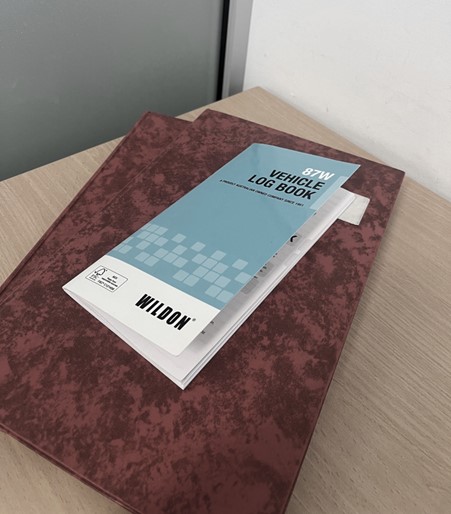
Your superannuation benefits are not covered by your Will, it is a separate asset from your estate and does not automatically flow to your estate. In absence of a BDBN or a reversionary pension, most SMSF deeds allow for the death benefit payments to be made at the trustee’s discretion and in accordance with the governing rules of the fund and relevant law.
As a legally binding nomination, the BDBN allows members to override the trustee’s discretion by advising the trustee of the members wishes on who they wish to receive their superannuation benefit in the event of your death.
How binding nominations work with estate planning
BDBNs should be prepared in conjunction with the members estate and succession plans not prepared in isolation. BDBNs offer peace of mind for the members, especially if there are multiple beneficiaries (e.g. from previous marriages) who may have a claim over your death benefit.
In this instance, a member can nominate with reasonable certainty who will receive the death benefit or if to be paid to multiple beneficiaries, they receive their proportions.
Further if there is a nomination in place, the beneficiary does not need to wait for the trustee or the deceased estate to determine the distribution.

In order for a nomination to be binding, it must be ‘valid’
- The Execution
- It needs to be properly executed in accordance with the rules outlines in the trust deed
- It needs to be in writing, clearly setting out the proportion of benefit to be paid to each person nominated
- It needs to be signed and dated by the member in the presence of two witnesses over 18 years of age and not nominated to receive a benefit
- It needs to be received by the trustee
- Governing Rules
- Standard BDBNs or non-lapsing nominations will only remain in place for three (3) years, before a member needs to update the nomination. If permitted by the funds trust deed, a member can have a non-lapsing nomination, this will generally remain in place forever unless the member cancels or replaces it with a new nomination.
- Valid Dependents
- A spouse (including de facto, opposite and same-sex)
- Children of any age (including adopted or ex-nuptial)
- Any person(s) financially dependent on the member
- Any person(s) in an interdependency relationship with the member
- A legal personal representative (LPR)
Non-binding nominations
Non-binding nominations can provide guidance to the trustee; however, it still allows for trustee discretion if there is a change of circumstances for the beneficiary. Such as if a beneficiary is bankrupt, the trustee can take this into account and divert the funds from creditors to an alternative beneficiary.





